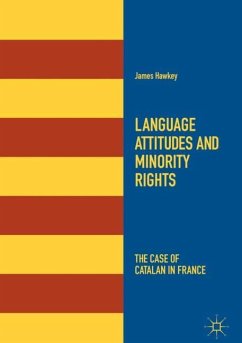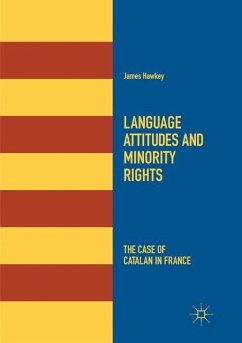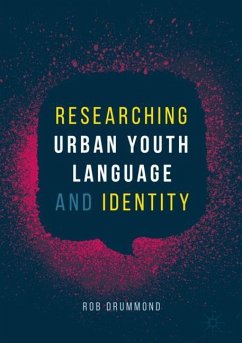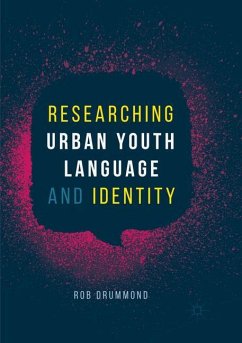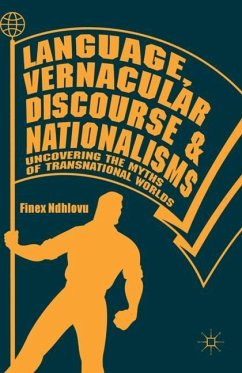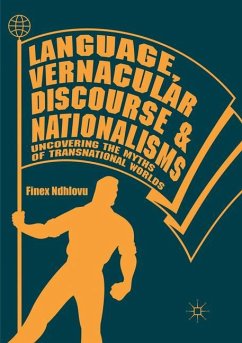
Popular Culture, Voice and Linguistic Diversity
Young Adults On- and Offline
Versandkostenfrei!
Versandfertig in 6-10 Tagen
22,99 €
inkl. MwSt.
Weitere Ausgaben:

PAYBACK Punkte
11 °P sammeln!
This book analyses the language practices of young adults in Mongolia and Bangladesh in online and offline environments. Focusing on the diverse linguistic and cultural resources these young people draw on in their interactions, the authors draw attention to the creative and innovative nature of their transglossic practices. Situated on the Asian periphery, these young adults roam widely in their use of popular culture, media voices and linguistic resources. This innovative and topical book will appeal to students and scholars of sociolinguistics, applied linguistics, cultural studies and ling...
This book analyses the language practices of young adults in Mongolia and Bangladesh in online and offline environments. Focusing on the diverse linguistic and cultural resources these young people draw on in their interactions, the authors draw attention to the creative and innovative nature of their transglossic practices. Situated on the Asian periphery, these young adults roam widely in their use of popular culture, media voices and linguistic resources. This innovative and topical book will appeal to students and scholars of sociolinguistics, applied linguistics, cultural studies and linguistic anthropology.








